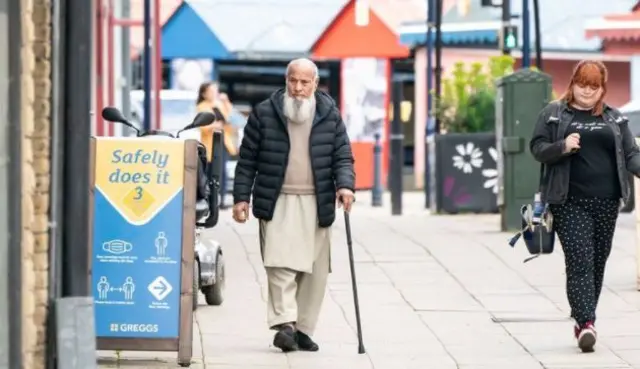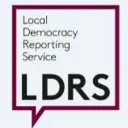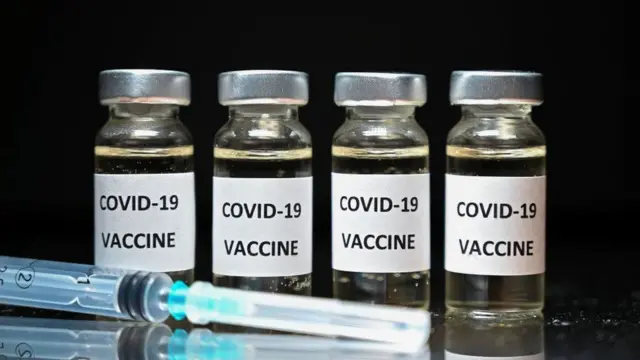
UK plan was based on the wrong viruspublished at 10:55 BST 26 May 2021
 Nick Triggle
Nick Triggle
Health Correspondent
Dominic Cummings is right to suggest there was a misplaced confidence that the UK was well prepared for a pandemic.
As it was unfolding, officials were publicly speaking about how strong our infectious disease surveillance and protection systems were.
That’s not surprising. Just a few months before, the UK had been ranked as the second best prepared country globally, external. That confidence, as he says, turned out to be “completely hollow”.
Some of that is because that plan was based on the wrong virus - flu not coronavirus.
It meant assumptions about the level of infectiousness and the risk of transmission before symptoms develop or among those who do not have symptoms was massively underestimated.
Nor was the right type of personal protective equipment available.
It is also clear from the official pandemic plan that there was only one plan – mitigating the spread of a pandemic virus rather than suppressing it.
It is why, in the early days, government ministers and scientists were talking about flattening the peak rather than trying to stop it.
The UK though was not alone in this. Most of Europe had a similar approach – unlike Asian countries the continent had not had to deal in any real sense with outbreaks of Sars and Mers.



